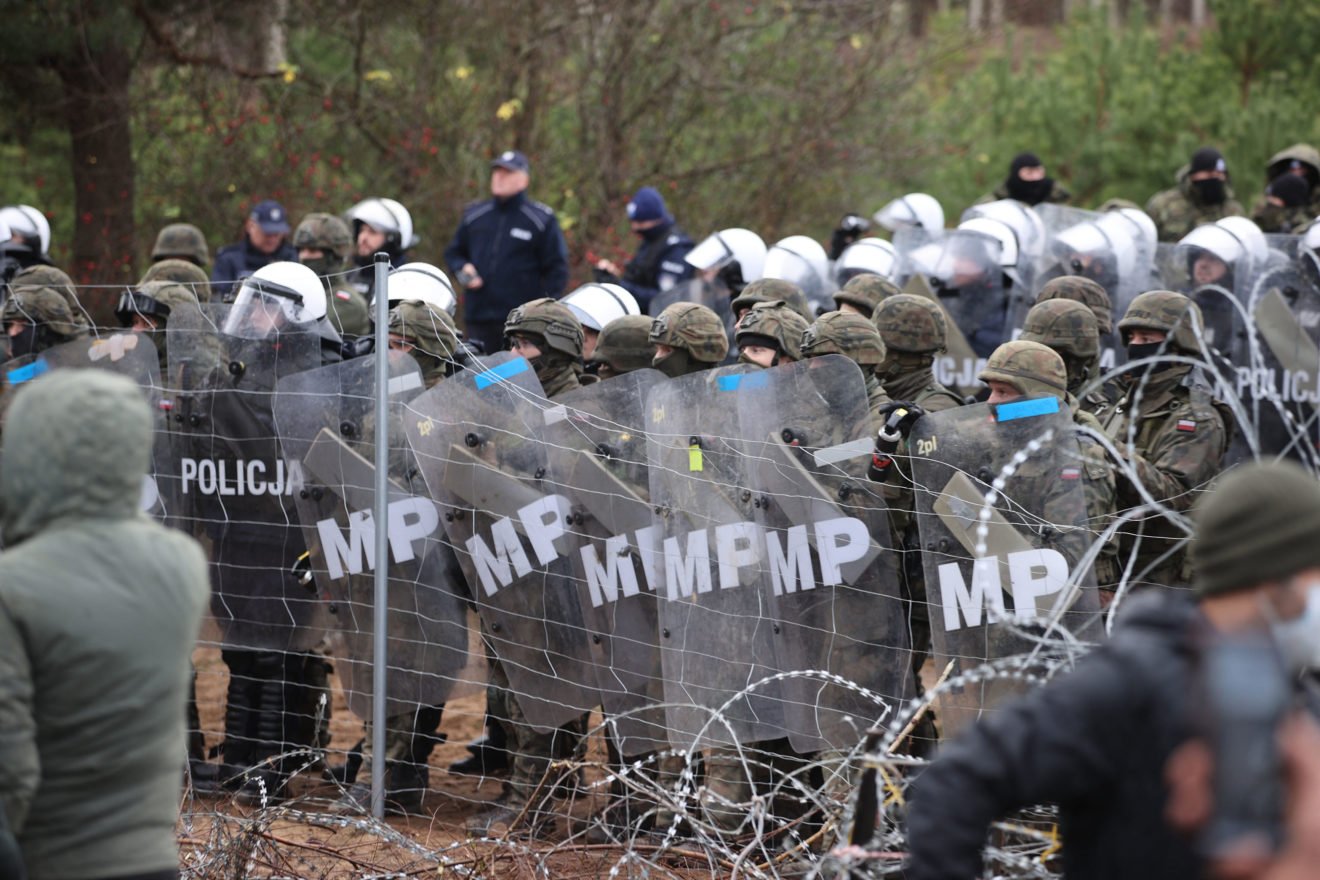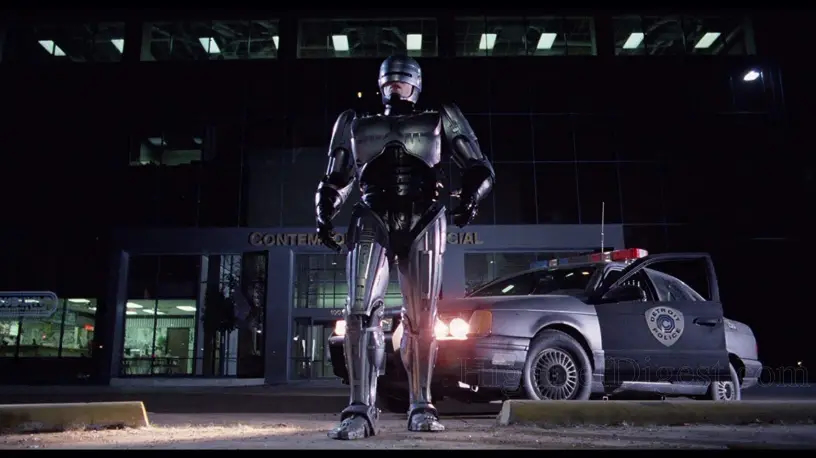
Tensions at the Belarusian-Polish border show signs of easing, days after Russian President Vladimir Putin and his French counterpart Emmanuel Macron made a deal on de-escalation of the migrant crisis. Although some refugees still attempt to illegally enter the European Union, many of them have already left the border area.
By Nikola Mikovic
According to reports, Belarus has relocated around a thousand migrants to a new shelter, since some asylum seekers no longer wish to cross the EU border. Polish Defense Ministry, on the other hand, claims that Belarusian soldiers keep helping refugees to destroy the border fence, although the number of incidents has decreased.
At the same time, the Iraqi Foreign Ministry reported that 430 citizens of the Middle Eastern nation – all of them believed to be from Iraqi Kurdistan – are ready to fly home from Belarus. It remains unclear who is funding their return to Iraq, though.
“Their well-being is our shared responsibility”, wrote Masrour Barzani, Prime Minister of the Kurdistan Region of Iraq, on Twitter, pointing out that they have been “deceived by traffickers and exploited by networks abroad”.
His statement suggests that the Kurdistan Regional Government could be the weakest link in this geopolitical game, and would have to bear the cost of Belarus’ “asymmetric response” to Western sanctions.

Still, the very fact that Belarusian President Alexander Lukashenko agreed to ease tensions clearly suggests that his plan to punish the European Union for sanctions it imposed on Minsk did not work very well.
Although he spoke with German Chancellor Angela Merkel twice – which could be interpreted as a German de facto recognition of his rule – he did not manage to send tens of thousands of migrants to the EU. Barriers that Polish, Latvian and Lithuanian authorities built along their borders with Belarus proved to be very efficient.
For the time being, some refugees from the Middle East will have to stay in Belarus, which will represent an unnecessary expense for Minsk, unless Lukashenko and Merkel agreed that the EU funds their sojourn in the Eastern European country.
There are reports suggesting that Lukashenko and Merkel discussed the creation of a humanitarian corridor between Belarus and Germany for the 2,000 migrants currently in a border camp. In exchange, Belarus agreed to send the remaining 5,000 migrants back home.
It remains to be seen, however, if Poland will agree to allow migrants to use its territory as transit on the way to Germany. If Warsaw does not give the green light for a land corridor, Minsk and Berlin could create a temporary air corridor.
“If the Poles are not providing a humanitarian corridor, if they are preventing this, then Belavia Belarusian Airlines can take them to Munich”, Lukashenko said on November 15.
At this point, it is highly uncertain if the EU leaders will approve the deal. Meanwhile, there are fears in Kiev that migrants could eventually be redirected southward, to Ukraine, and after that they would try to enter Poland, Slovakia or Hungary.
Aware that such a scenario is entirely possible, Ukraine strengthened its border with Belarus, reportedly allowing border guards to use weapons and military equipment against refugees. If some migrants get killed while trying to illegally enter Ukraine, it is very improbable that Kiev will bear the consequences.
The West will simply turn a blind eye to such an action, while Russia and Belarus will strongly condemn the incident, and migrants will yet again prove to be victims of a new Cold War. Still, any transfer of migrants from camps in Western Belarus to the Ukrainian border would have an enormous effect on relations between the two countries. Minsk has already decided to stop electricity supplies to Ukraine and has temporarily restricted oil flows to Poland, which indicates that the crisis is far from over.
After the West pressured several Middle Eastern airlines to stop allowing migrants to fly to Belarus, the influx of refugees into the Eastern European country has decreased. It remains to be seen, however, what will be the fate of thousands of asylum seekers that remain stuck in Belarus.
Hypothetically, if they refuse to return home, Minsk could try to integrate them into Belarusian society, but such a move would clearly demonstrate that Lukashenko’s policy of “asymmetric responses” to Western sanctions has failed.
It is also rather questionable if any migrants themselves are willing to stay in Belarus. Initially, they came to the former Soviet republic in an attempt to reach Western European nations, and now they remain stuck in Eastern Europe.
Refugees’ fate will likely depend on Lukashenko’s political will. By bringing migrants to Belarus, the nation’s leader additionally deteriorates Minsk’s relations with the West. Brussels kept imposing sanctions on his country, and it is rather questionable if he can keep using asylum seekers as a tool against the EU. In order not to look defeated, he will have to find another way to oppose the West.
Nikola Mikovic is a Serbian journalist and a senior Geopolitical Analyst he publishes often for The Levant News.





